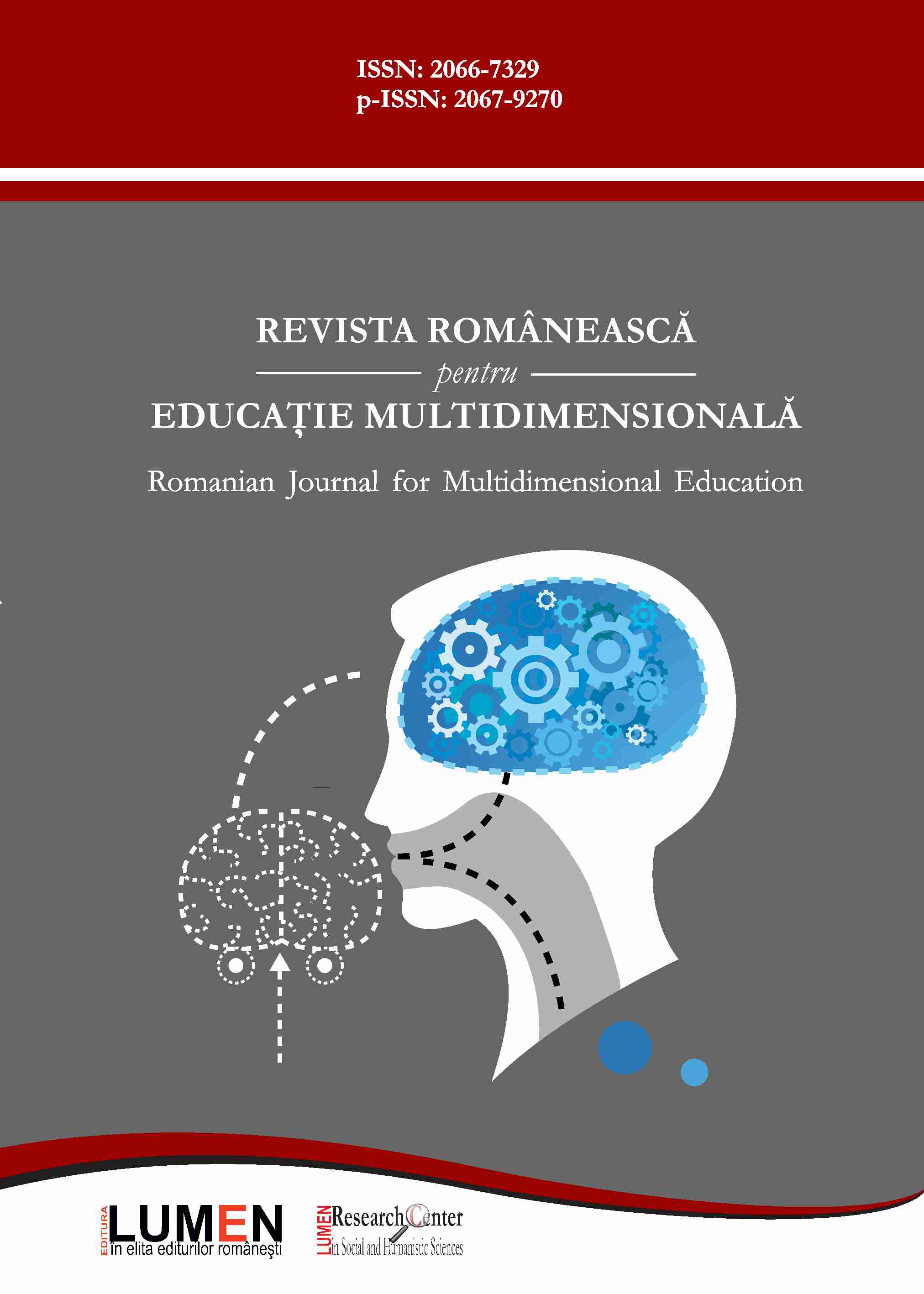Formation of Communicative Competence of Foreign Students in Conditions of Distance Learning
Formation of Communicative Competence of Foreign Students in Conditions of Distance Learning
Author(s): Roman Gurevych, Larisa Sira, Oleksandra Lyubomyrivna Kanyuk, Larysa Sidun, Viktoriya Syno, Olha ChernovolSubject(s): Higher Education , ICT Information and Communications Technologies, Distance learning / e-learning
Published by: Editura Lumen, Asociatia Lumen
Keywords: competence; communicativeness; foreign students; Internet services; distance learning; blended learning; asynchronous; synchronous;
Summary/Abstract: The article addresses to the issue of communicative competence formation of foreign students in the conditions of distance learning. The number of foreign students has been determined, which currently are studying in Ukrainian universities. The introduction of distance learning is emphasized to be one of the ways to modernize higher education. The concepts of “distance learning” and “competence” has been clarified. The problems which arose at the beginning of the widespread implementation of distance learning are noted. One of the adaptation advantages of distance learning is holding frequent large-scale online meetings. Articles of domestic and foreign scientists on distance education and communicative competence formation to foreign students are covered. It was found that the main factors influencing the communicative competence formation to students are professional orientation, humanistic style of communication and focus on the cultural aspect. The requirements for teacher’s of higher educational institutions have been defined in order to form communicative competence in foreign students. The relevance of distance learning implementation in the educational process has been emphasizes. The scientist, who first started the research on distance learning, found out the differences between online and traditional learning. Emphasis is placed on synchronous and asynchronous modes of distance learning. The essence of complex learning has been also revealed. The advantages and disadvantages of distance learning are investigated. The process of organizing educational activities online is presented – which is a foreign language learning. Educational platforms for the distance learning organization are presented. The advantages of working on the platform “Moodle” and “Coursera” are revealed. Conclusions are made regarding the raised issue.
Journal: Revista Românească pentru Educaţie Multidimensională
- Issue Year: 14/2022
- Issue No: 2
- Page Range: 500-512
- Page Count: 13
- Language: English

